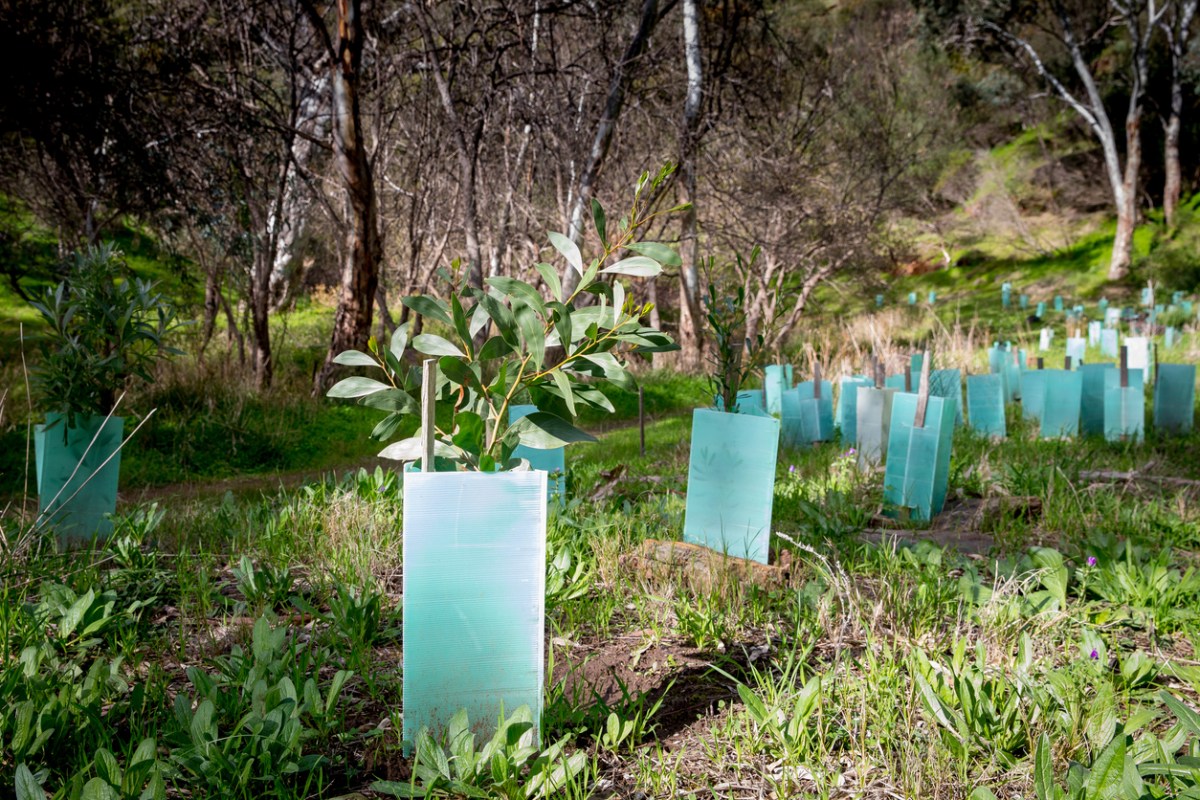Australia doesn’t have a mandatory carbon trading scheme, but, there is a market for carbon offsets, in which companies voluntarily offset their emissions by buying credits. And in February the price of Australian Carbon Credit Units (ACCU) hit an all-time high of $18.50/tonne, as reported by carbon market research firm Reputex.
In the absence of a federally mandated carbon price, companies are setting their own emission reduction targets towards 2050, and with prices increasing it seems that carbon offsets are a central path to zero’ing out their emissions liabilities.
Emissions intensive companies are well aware that regulation will be hard to avoid in coming years, and this recent bout of demand may be evidence they’re banking credits now while prices are relatively low. A similar driver is the need to manage the expectations of investors and other stakeholders, who are demanding greater efforts to transition to renewables, and funding offsets when abatement proves difficult.
Reputex says global efforts to cut emissions will drive continued demand, “We continue to forecast price increases over the medium and longer-term, with market direction ultimately expected to align with our scenarios for the scale up of emissions reduction targets (1.5-2 degrees) under the Paris Agreement.”
The trend follows that of the EU’s Emissions Trading Scheme which has seen prices push to record highs of €39 (A$61), after the EU implemented a more ambitious target for 2030.
Investing in Offsets
While companies offsetting their emissions have been the driving force to date, we’re now seeing investors use the instrument to ‘zero-out’ the emissions profile of their portfolios.
BNP Paribas has launched the World Climate Carbon Offset Plan, which is a fund that screens its equity investments for top ESG performers, but they also buy offsets for the remainder of the portfolio’s emissions (scope 1 and 2 only).
GreenCollar, based in Sydney, is an investor and project manager across a whole range of environmental credits. In late 2020 they led the development of a world-first ‘reef-credit’ which will fund the protection of the Great Barrier Reef. HSBC and the Queensland Government are their cornerstone investors, they’ll be the first-ever buyers of Reef Credits.
It’s notable that much of the focus of the credits is actually on land, working with farmers and graziers to reduce the impact of fertilizers and run-off is having when it ends up in the ocean.
What Are Carbon Offsets?
Carbon credits are the measurable and verifiable emissions reductions that result from certified climate action projects. When a project is successful in proving its ability to reduce or remove greenhouse-gas (GHG) emissions from the atmosphere, then the volume of the reduction is turned into a credit that can be sold and traded.
For projects to be producing genuine offsets they must be verified by groups such as the Gold Standard, or the Verified Carbon Standard (VCS) by Verra. And, they must be additional.
Proving additionality can be tricky, but it’s at the heart of what makes offsets impactful. It must be shown that the emissions reduction would not have happened in the absence of offset funding being made available for the project. Essentially, this means the project would not have gone head without the outside funding from the offsets scheme.

